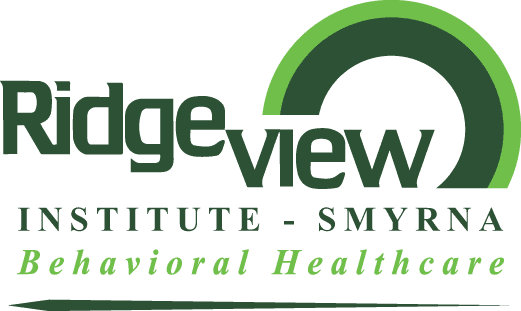Mallory Long, M.Div.
Caring for older loved ones while managing career, marriage, and immediate family can seem daunting as caregivers experience the shift from having an independent, healthy parent or relative to a forgetful, depressed, and dependent relative. The growing field of geriatric psychiatry can provide answers for the care giving journey and return seniors to the most optimal level of functioning possible for each individual.
Receiving an evaluation from a geriatric specialist provides a comprehensive look at the mental, physical, emotional, social, and spiritual aspects that prove to be intricately interconnected – especially in older adults. The geriatric specialist begins by exploring current physical health and history. There are a variety of physical conditions that can cause behavioral, mental, and emotional changes. These can be as simple as a urinary tract infection, Vitamin B12 deficiency, or dehydration. In an elder, these conditions can increase forgetfulness, irritability, agitation, and bring about personality changes.
As we age, we accumulate more medical conditions or, at the least, physical limitations. Elders are therefore taking more medications and are being treated by a wider array of physicians than ever before. The geriatric psychiatrist can survey particular medical conditions and their corresponding medications that may be a very large contributing factor in an elder seeming depressed, anxious, confused, etc. For example, depression is very common in those who have experienced cardiac events and are taking medications. Often, those with thyroid problems may exhibit significant depression which, when properly treated, will surprise loved ones with a return to good mental health.
The drug interaction between medications seniors are taking is key to the geriatric evaluation. Some elders can be taking so much medication, they develop a type of “delirium” which can cause disorientation, confusion, agitation, fearfulness, paranoia, etc. When medications are discontinued, the delirium subsides. Families who may have received a diagnosis of Alzheimer’s disease or dementia for their loved one can now be happily informed that the true culprit is a treatable, temporary condition.
Diagnosing depression vs. dementia is a daily function for the geriatric psychiatrist. It is a fallacy that depression is a natural part of aging. Depression is as treatable in seniors as it is in younger individuals; however, depression manifests differently in seniors. There is more irritability and restlessness associated with older adult depression. Significant changes in sleeping and eating habits can occur such as insomnia or marked decrease in appetite. Becoming extremely focused on ailments, aches and pains that are real or imagined can also be common. Social withdrawal is frequent as is forgetfulness and confusion. A senior will commonly state “I’m not depressed” even while experiencing the above symptoms.
Dementia can look almost exactly like senior depression. The geriatric evaluation will provide expertise in this area and be an invaluable tool to continue to be used by the elders’ other treating physicians and specialists. Receiving the proper diagnosis can then set the elder and caregivers on the road to proper treatment.
If the caregiver learns the elder has depression and not dementia, treatment can then include antidepressants and supportive counseling that addresses changes in life such as retirement, death of a spouse or other family/friends, geographic moves out of the family home, decreases in social activity, etc. Spiritual concerns, such as lack of purpose and a feeling of being “useless” as a result of physical and mental limitations are explored.
For the caregiver, the maze of changes, symptoms, and decisions ahead can lead one to question who can provide guidance with so many factors and medical professionals involved. The geriatric psychiatrist and other geriatric team members are available to meet this need.
Ridgeview Institute is a private behavioral health care system with inpatient, partial hospitalization, and intensive outpatient programs for children, adolescents, adults and seniors with psychiatric and addictive problems. We are located at 3995 South Cobb Drive, Smyrna, Georgia 30080. For more information about Ridgeview’s programs and services, call (770) 434-4567 or 1 (800) 329-9775.
For more information about the Ridgeview Institute’s Treatment Programs, visit our website at https://ridgeviewinstitute.com/ or contact the Access Center at (770) 434-4567.

